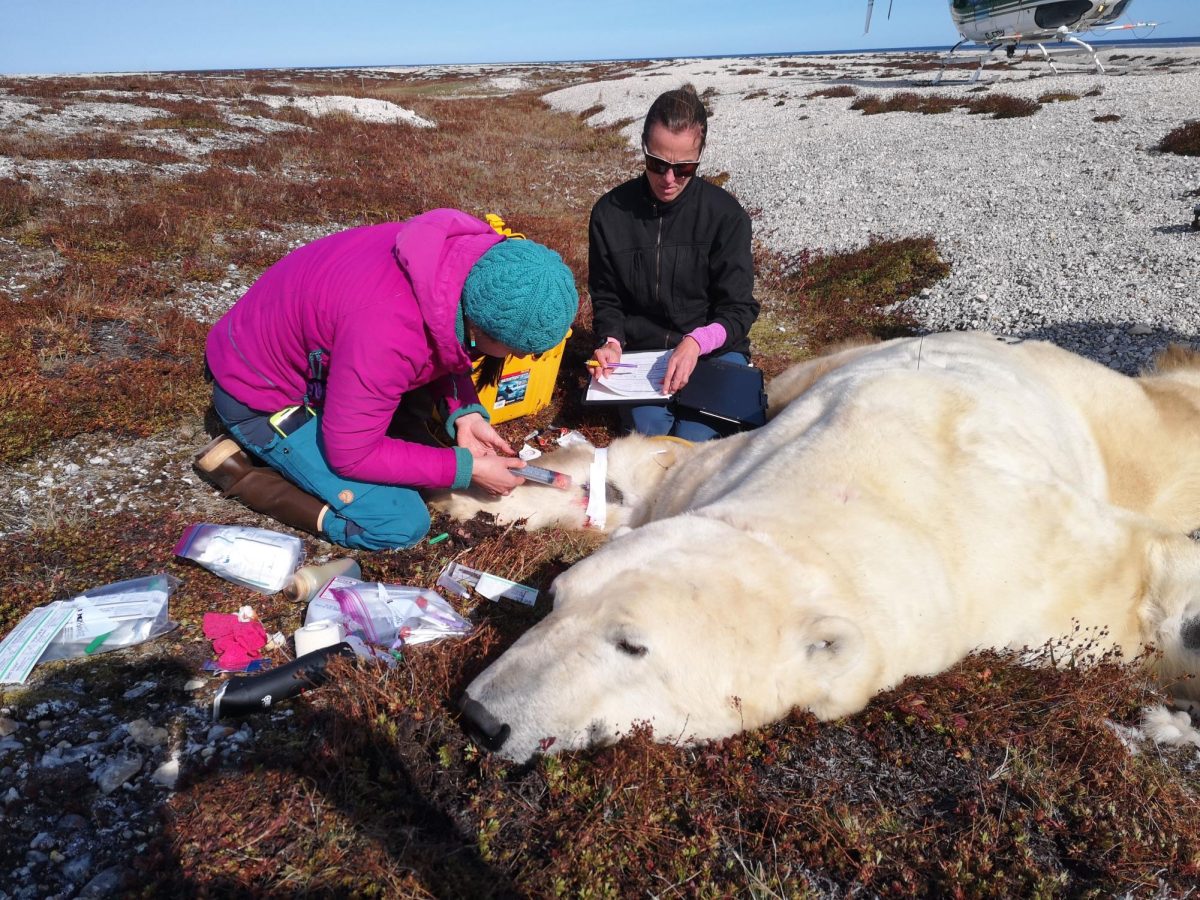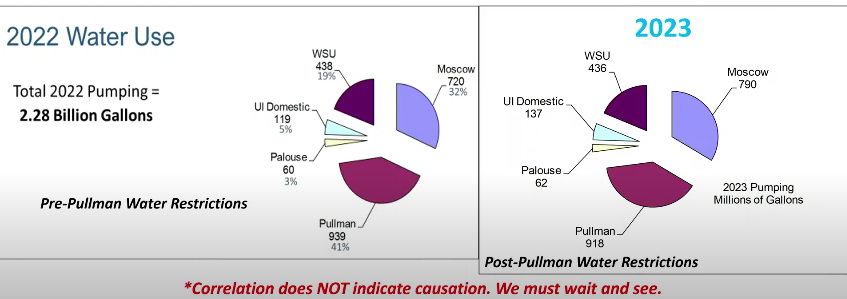Charles Robbins, WSU school of the environment research director, assisted in the conduction of a study that observed the behavior of polar bears during the summer months.
“The take-home message from the study is that there is no long-term viable solution for polar bears when forced onto land as ice-free summers become longer and more common,” Robbins said.
Polar bears are being forced to spend more time on land as the ice stays melted for longer periods. Because of this, polar bears are at risk of starvation because the nutrients available to them on land are not sufficient to sustain a healthy weight, Robbins said.
If they lay down to conserve energy, they will automatically lose weight and ultimately face starvation, he said. If they search for terrestrial foods, the energetic cost of that search equals the energetic benefit that they get from that food and, therefore, they face the same starvation risk as if they had done nothing.
Research wildlife biologist Anthony Pagano said the U.S. Geological Survey, Alaska Science Center was the lead investigator of the study.
“In the past, we haven’t been able to track the behavior of polar bears on land during the summers because we did not have the technology, but now, we were able to put video cameras on the bears to determine their feeding behavior,” Pagano said.
The team tracked a total of 20 bears for three weeks in Wapusk National Park, Canada, Pagano said.
70% of the bears appeared to be active, while the rest were observed to be in hibernation. Although it is hard to say the exact difference in behavior due to the lack of data, the bears were more active than expected.
Pagano said bears with more fat are likely to hibernate, however, the research shows there is no definite pattern in which bears hibernate and it is mostly random. The polar bears who were not in hibernation were seen eating berries, Bird carcasses, grasses, duck and goose eggs and more.
“Bears are very intelligent, creative, and diverse with their hunting strategies,” he said.
The polar bears in hibernation lost about 1kg per day, which was in line with past behaviors, as polar bears usually lose weight during the summer, Pagano said.
However, even those who searched for food consistently were unable to keep weight on or gain weight. This is because the food on land did not have enough calories to compensate for the energy it had to hunt and find the food, he said. The Polar bears that were feeding throughout the summer still lost 17–79 lbs, regardless of their strategies.
In the months when the ice is frozen and the polar bears can return, polar bears can hunt seals with little to no physical effort due to the strategy they have developed. Seals also are high in calories and have lots of fat and nutrients, allowing the bears to store a sufficient amount of weight.
As summers begin to get increasingly longer and warmer, the weight loss and starvation that polar bears are experiencing are expected to get more extreme, Robbins said. This could negatively impact their reproduction and survival.
“While global warming tends to be an abstract concept to most people, polar bears deal with a very stark reality of the risk of starvation every summer and fall as they wait for ice to reform so they can once again hunt seals,” Robbins said.












